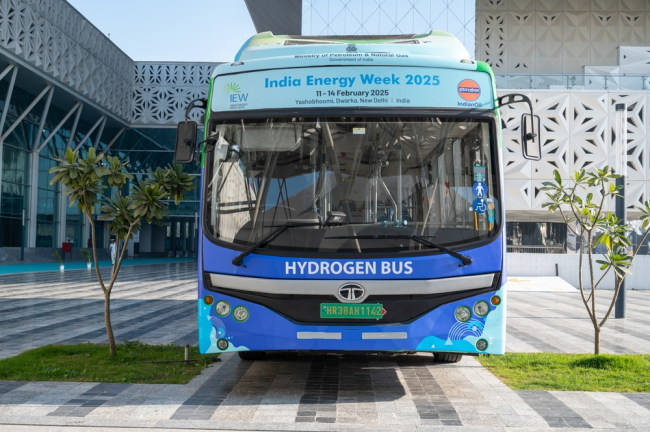Post-War Sri Lanka: Roads to Reconciliation

The Center for Asian Studies of the French Institute of International Relations (Ifri) organized on 9 December 2011 a round table discussion regarding the future of the ongoing reconciliation process in Sri Lanka, entitled ‘Post-War Sri Lanka: Roads to Reconciliation'.
The meeting aimed to provide a space to openly discuss the problems and prospects of reconciliation in the island nation by gathering a panel of practitioners and experts on Sri Lanka as well as non-regional specialists with expert knowledge of other post-conflict situations. The objective was to bring about a constructive debate and generate ideas on what forms of reconciliation can be sought in Sri Lanka, as well as on the challenges and favorable elements of a future reconciliation process. The discussion began with presentations by a panel of experts from various fields who presented on different aspects of the current post-war situation in the country, followed by an open debate with a broader range of participants. The morning's discussions were placed under the Chatham House Rule to facilitate a free exchange of ideas.

Available in:
Regions and themes
ISBN / ISSN
Share
Download the full analysis
This page contains only a summary of our work. If you would like to have access to all the information from our research on the subject, you can download the full version in PDF format.
Post-War Sri Lanka: Roads to Reconciliation
Related centers and programs
Discover our other research centers and programsFind out more
Discover all our analysesIndia’s Green Hydrogen Strategy in Action: Policy Actions, Market Insights, and Global Opportunities
India is poised to remain the world’s fastest-growing major economy, and this rapid growth is driving a sharp rise in energy demand. As the most populous country on the planet, India urgently needs to decarbonize its energy systems.

RAMSES 2024. A World to Be Remade
For its 42nd edition, RAMSES 2024 identifies three major challenges for 2024.

France and the Philippines should anchor their maritime partnership
With shared interests in promoting international law and sustainable development, France and the Philippines should strengthen their maritime cooperation in the Indo-Pacific. Through bilateral agreements, expanded joint exercises and the exchange of best practices, both nations can enhance maritime domain awareness, counter security threats and develop blue economy initiatives. This deeper collaboration would reinforce stability and environmental stewardship across the region.

The China-led AIIB, a geopolitical tool?
The establishment of the Asian Infrastructure Investment Bank (AIIB) in 2016, on a Chinese initiative, constituted an attempt to bridge the gap in infrastructure financing in Asia. However, it was also perceived in the West as a potential vehicle for China’s geostrategic agendas, fueling the suspicion that the institution might compete rather than align with existing multilateral development banks (MDBs) and impose its own standards.





